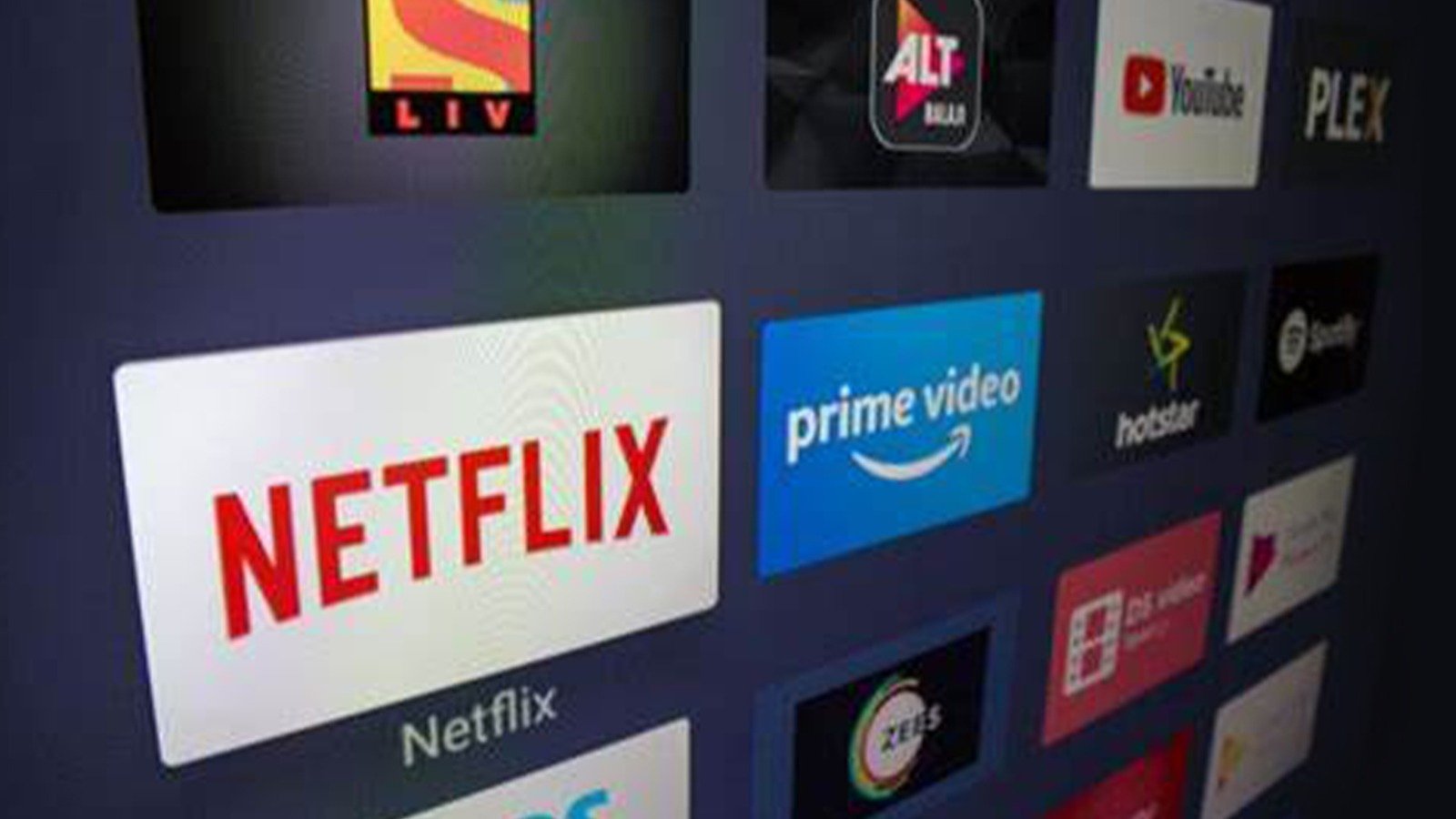In recent years, Over-the-Top (OTT) platforms have transformed the film industry, revolutionizing how audiences consume content. With the rise of streaming giants like Netflix, Amazon Prime Video, and Disney+, viewers now have unprecedented access to a diverse array of films and series from the comfort of their homes.
One of the most significant impacts of OTT platforms is the democratization of content. Filmmakers no longer rely solely on traditional theatrical releases to reach audiences. This shift has opened doors for independent filmmakers and diverse voices, allowing niche genres and experimental films to find their audience. The global reach of OTT platforms means that a film made in a small village can be watched by viewers around the world, breaking down geographical barriers and fostering a more inclusive film culture.
Moreover, OTT platforms have altered viewing habits. Binge-watching has become a cultural phenomenon, with entire seasons of shows released at once. This trend has led to more in-depth storytelling and character development, as creators are not constrained by the episodic format of traditional TV. The convenience of on-demand viewing has also given rise to personalized viewing experiences, where algorithms recommend content based on individual preferences.
However, the rise of OTT platforms has also presented challenges. The traditional box office model has faced competition, impacting the revenue streams of theaters. Filmmakers and studios are now navigating a hybrid model, balancing theatrical releases with streaming premieres to maximize reach and profitability.
In conclusion, OTT platforms have undeniably reshaped the film industry, offering new opportunities for creators and transforming how audiences engage with content. As technology continues to evolve, the future of film and streaming promises to be an exciting landscape of innovation and creativity.

Leave a reply
a
2025-11-23 18:42:01
asd
2025-10-13 02:40:59
The Soul of Bengal: A Tribute to Nazrul Sangeet
2025-09-01 13:45:33
The Psychology of Singing: How Your Mood Shapes Your Voice
2025-08-20 11:02:30
Respecting Stage Artists: The Heartbeat Behind Every Performance
2025-08-06 11:30:17
1
2025-07-30 11:24:31